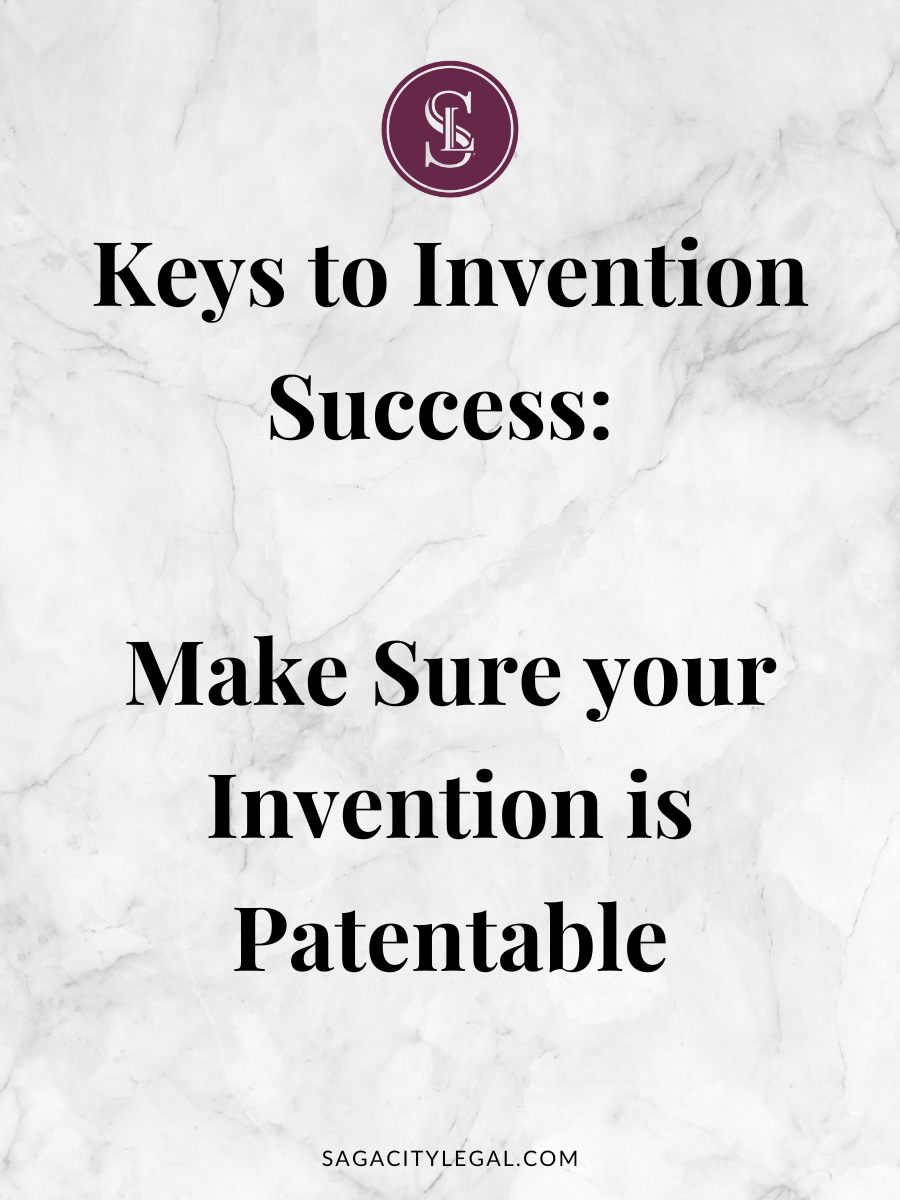From the time we were young, the world encouraged us to create and innovate. Many of us strive for invention success!
Inventors are some of the most valuable members of society because they bring new ideas to the table that can solve problems, change lives, and advance technology.
However, with great inventions comes the need for great protection.
This is where patenting comes into the picture. But as an inventor, you may wonder whether you are eligible to have your invention patented. Worry not, because this blog post is here to help you understand the basics of patentability.
This blog post outlines the legal requirements of patentability.
After reading this blog post, hop over to my YouTube Channel and watch this free training video to learn more.
To be patentable, an invention must meet three criteria.
Firstly, it must be new. This means that the idea has not been disclosed, published, or sold to the public before.
Secondly, it must be useful. This means that the invention should have a practical application.
Finally, it must be non-obvious, which means that someone with knowledge of the industry or field would not be able to easily create the same invention.
The first criterion for patentability is novelty.
This means that your invention must be new, which refers to a lack of public disclosure or use. In simple terms, if your invention has been sold, used or disclosed to the public before, it cannot be patented. However, if you have kept your invention a secret until now and have never publicized it, you may be eligible to apply for a patent. Keep in mind that once you disclose your invention to the public, you will have one year to file a patent application. Otherwise, your invention will no longer be considered novel, and you could lose your chances of having it patented.
The second criterion for patentability is usefulness, which is an easy test to pass.
It is simply asking whether your invention has a practical application in the real world. In essence, you cannot patent something that has no value to anyone. If your invention passes the usefulness test and the novelty test, then it is time to move on to the last criterion.
The third criterion for patentability is non-obviousness.
This test determines whether your invention is an innovative solution to a previously unsolved problem. In other words, your invention must not be an obvious solution that someone with ordinary skill in your field could come up with. Non-obviousness is a subjective test that is assessed by looking at the differences between your invention and previously known solutions. If someone with ordinary skill could not have made that connection, then your invention may be considered non-obvious.
Conclusion:
In summary, determining patentability is key to invention success. This can be a challenging but rewarding process. As an inventor, understanding the three criteria for patentability- novelty, usefulness, and non-obviousness- is critical. Before disclosing or marketing your invention, take the necessary steps to file a patent application.
While the process of patenting an invention may seem daunting, it can give you the peace of mind and legal protection to commercialize and monetize your creation.
Ready to get started on your journey to invention success? Book a free consultation with me at meetwithRandi.com or leave me a message on my contact page .
#creations #creativebusiness #patent #invention #inventor101 #sharktank #randikarpinia


leave a comment on this post.